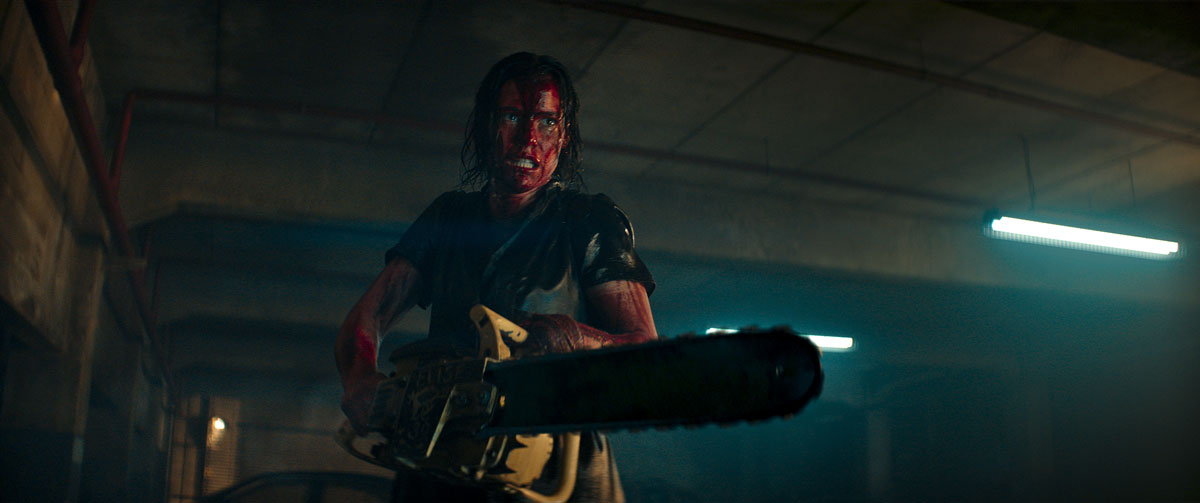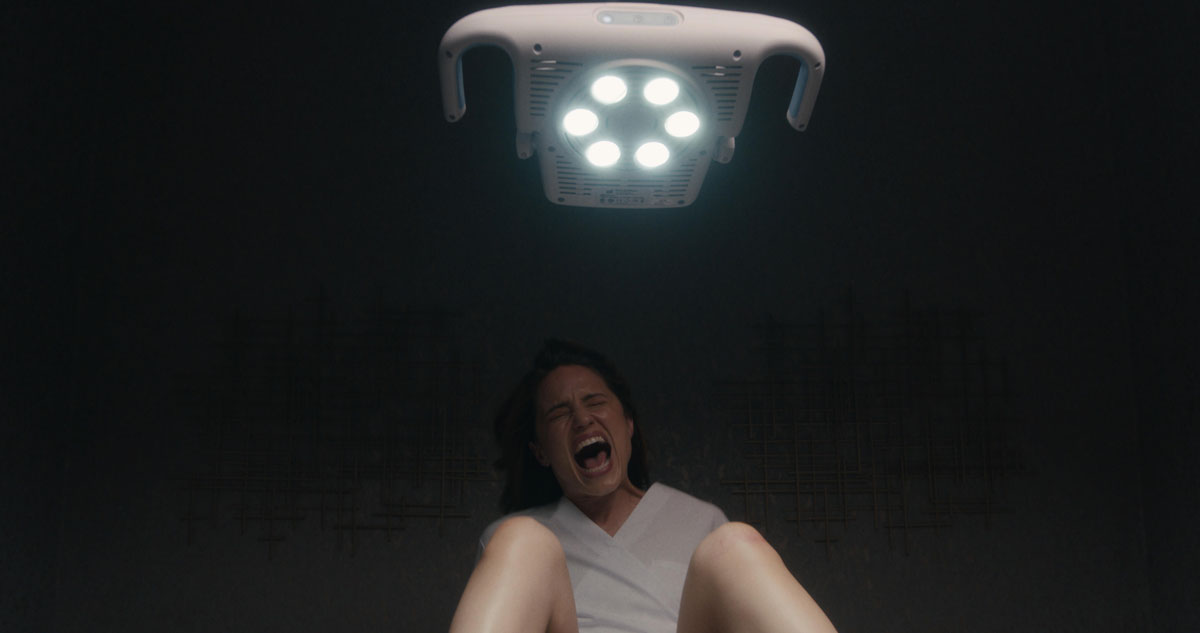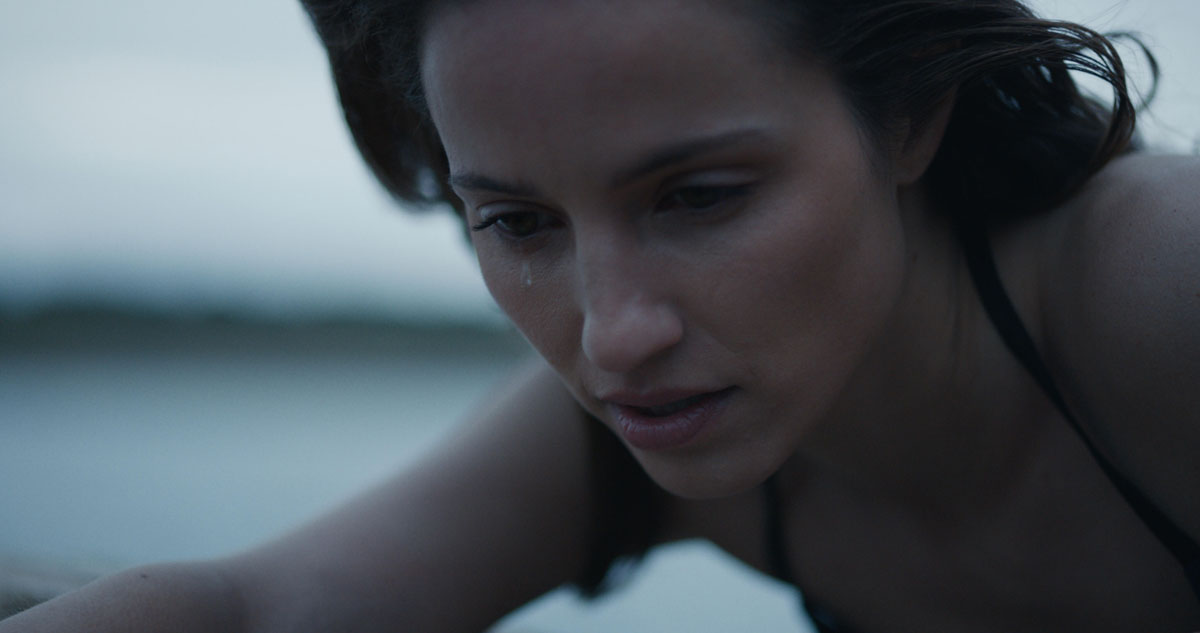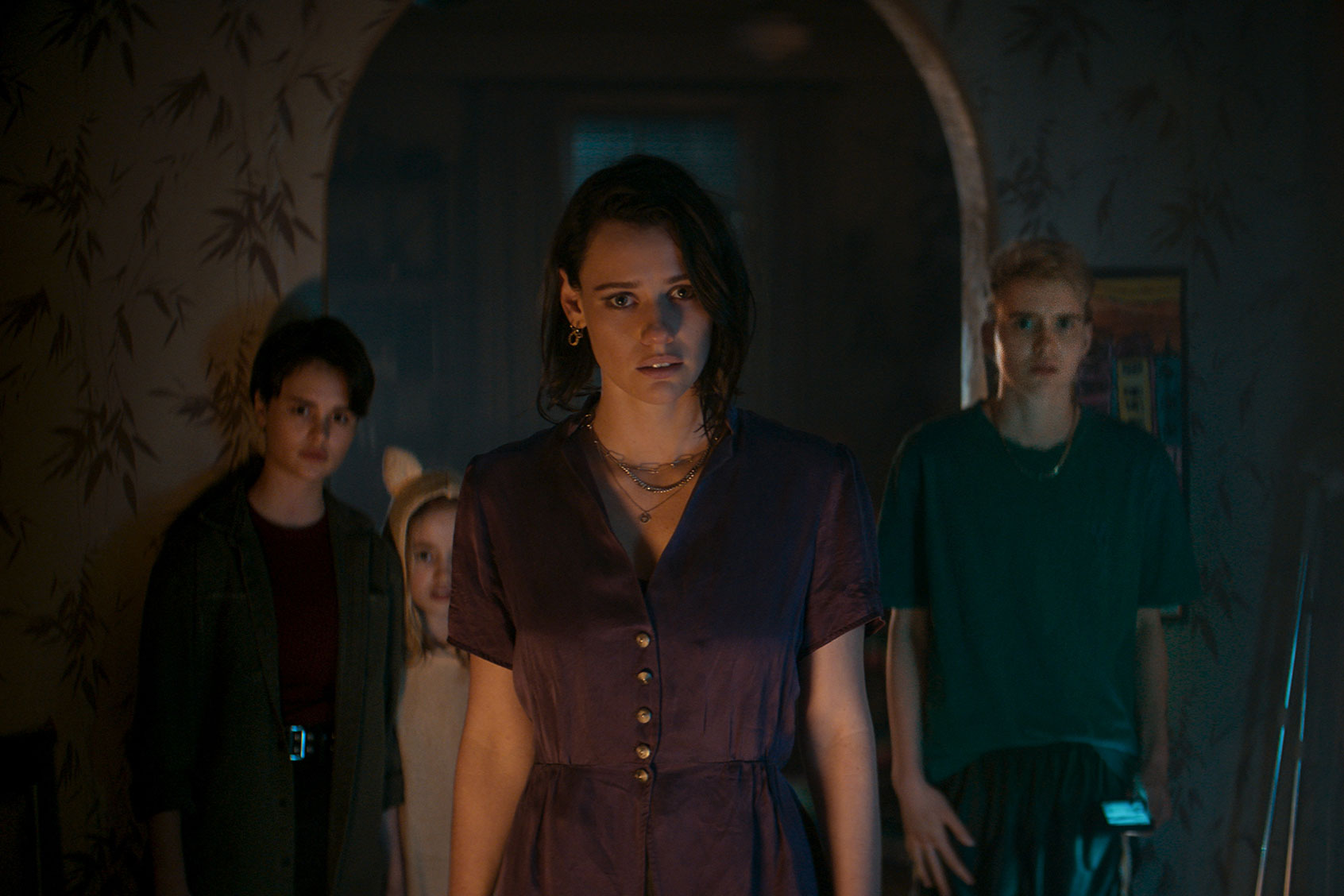It’s one of those TV and film tropes that once you notice it, it’s hard to unsee: the traumatic awakening of a character’s superpowers. For female characters, this often comes after sexual violence, like a character developing telekinesis after sexual abuse in “Angel,” or Daenerys Targaryen in “Game of Thrones” coming into her own power and confidence following her wedding night assault by Khal Drogo, during which she sobbed.
This is a harmful trope, and in the last few years, screenwriters have finally started to realize women have other traumas. Let’s try pregnancy, childbirth and motherhood for a while! Is this less harmful? The recent films “Evil Dead Rise” and “Clock” present impending motherhood as sources of power and fury, but like the sexual violence tropes of yore, they dwell in dangerous and unrealistic absolutes. Embrace motherhood whole-heartedly or reject it, the films say. There is no between. But in the gray area is where most motherhood and pregnancy experiences — and the most interesting stories — actually lie.
In a review of “Evil Dead Rise” on Roger Ebert, critic Katie Rife writes “Not everything in this film works: A pregnancy subplot plays like it was written by a man, which it was.” The latest in the famous horror film franchise, “Evil Dead Rise” follows the reunion of two estranged sisters, which is complicated by a teen (the likable Morgan Davies) of one of the sisters finding a volume of the Naturom Demonto. The book is used to accidentally attack and possess unsuspecting Mom. In the subplot in question, sister Beth (Lily Sullivan), a guitar technician who lives a wild life of rock n’ roll, discovers she’s pregnant.
The notion that becoming pregnant would make you both insta-strong and insta-into motherhood is both superficial and damaging.
With mom Ellie (Alyssa Sutherland) soon out of commission and soon after that, actively murdering, Beth must take control: of the situation and of the children. She does, becoming instantly strong in the way that very early pregnancy hormones must make you, according to the film. Beth also feels stirring in her belly when she assists one of the younger, cuter children with bath time. As someone who has been pregnant . . . what is happening here? Is this supposed to be maternal pining, or the fetus moving in her womb months before it actually would? Either way, she’s getting superpowers.
 LILY SULLIVAN as Beth in (Courtesy of Warner Bros. Pictures)The film makes a big deal of how irresponsible and selfish Beth is. Ellie calls her a “groupie” repeatedly which is both pretty judgmental for a tattoo artist and also seems to indicate that Ellie doesn’t understand jobs. Beth is young. She’s flighty and wild, the film tells us, but with Mom out of the picture she has to rise, and luckily, being pregnant helps her do so. Getting impregnated will settle her, and fast. Nell Fisher as the youngest child Kassie tells her that she’d be a really good mother, and the film lays it on thick that she’s going to do it. She saves the child after all. She must be different and ready to give birth now.
LILY SULLIVAN as Beth in (Courtesy of Warner Bros. Pictures)The film makes a big deal of how irresponsible and selfish Beth is. Ellie calls her a “groupie” repeatedly which is both pretty judgmental for a tattoo artist and also seems to indicate that Ellie doesn’t understand jobs. Beth is young. She’s flighty and wild, the film tells us, but with Mom out of the picture she has to rise, and luckily, being pregnant helps her do so. Getting impregnated will settle her, and fast. Nell Fisher as the youngest child Kassie tells her that she’d be a really good mother, and the film lays it on thick that she’s going to do it. She saves the child after all. She must be different and ready to give birth now.
The best part of “Evil Dead Rise” is its nods to earlier films in the franchise, particularly when Beth, coated in blood and rearing back with a chainsaw, seems to be channeling hero Bruce Campbell. Sullivan bears a remarkable resemblance to Campbell, at least when blood-soaked (but so did Nic Cage in “Mandy”). But the notion that becoming pregnant would make you both insta-strong and insta-into motherhood is both superficial and damaging.
 Ella (Dianna Agron) in “Clock” (Courtesy of Hulu)
Ella (Dianna Agron) in “Clock” (Courtesy of Hulu)
If “Evil Dead Rise” takes an outdated and simplistic view of motherhood, “Clock” is an overcorrection that runs us off the road.
Hulu’s new horror outing “Clock” rejects some of these ideas. It rejects a lot, period. Airing in the recent wake of the fall of Roe, the film takes an “amusingly dreadful approach” to pregnancy and motherhood, the Wall Street Journal writes. What starts as a dark satire of a woman (Dianna Agron) who doesn’t want children, despite her nagging friends, takes an abrupt turn once Ella suddenly decides to check herself in for a secret, experimental procedure designed to “turn on” her biological clock. That procedure includes inserting an implant, which is sharp enough to cut someone later. But as Ella decides she doesn’t want the implant, she doesn’t want children, she also decides she doesn’t want a lot of things and goes on a dark, violent rampage leaving an important man in her life dead.
 Ella (Dianna Agron) in “Clock” (Courtesy of Hulu)If “Evil Dead Rise” takes an outdated and simplistic view of motherhood, “Clock” is an overcorrection that runs us off the road. As Ella rejects motherhood with a character shift so quickly your head might spin like in the “Exorcist,” the film is, as the New York Times writes, “tantalizing us with thought-provoking ideas, only to abandon them.” We still don’t get a full picture of a person dealing (or not dealing) with pregnancy.
Ella (Dianna Agron) in “Clock” (Courtesy of Hulu)If “Evil Dead Rise” takes an outdated and simplistic view of motherhood, “Clock” is an overcorrection that runs us off the road. As Ella rejects motherhood with a character shift so quickly your head might spin like in the “Exorcist,” the film is, as the New York Times writes, “tantalizing us with thought-provoking ideas, only to abandon them.” We still don’t get a full picture of a person dealing (or not dealing) with pregnancy.
Want a daily wrap-up of all the news and commentary Salon has to offer? Subscribe to our morning newsletter, Crash Course.
The reality is, motherhood is complex, and feelings about it are complicated, personal and rarely figured out as fast as these films would have you believe. One of the problems with the way we talk about motherhood in this country is that you’re just expected to love it. And love it instantly and forever. One of the highest maternal mortality rates in the world, the persistence stigma of postpartum depression, preschool and daycare more expensive than mortgages and mass shootings daily, including at schools — what’s not to love?!
One of the problems with the way pregnancy is written into TV and films is that you’re not actually an instant superhero, an instant nurturer and defender of the young — or an instant rebel. You’re not instantly anything, and that’s OK. Pregnancy doesn’t dramatically or suddenly alter you, physically or emotionally. To suggest so implies that women weren’t real before they got pregnant, weren’t actualized or already complete.
We need to let people who are pregnant have their complicated, sometimes ambivalent or changing feelings, and we need to do a better job of producing stories that show pregnancy and motherhood, even in horror, as a spectrum of experiences.
Read more
about women in horror

